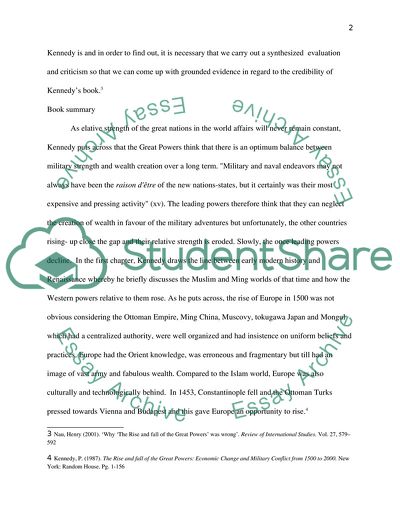Cite this document
(“Paul Michael Kennedy as the Greatest British historians Book Report/Review”, n.d.)
Paul Michael Kennedy as the Greatest British historians Book Report/Review. Retrieved from https://studentshare.org/history/1746969-history-final-assignment
Paul Michael Kennedy as the Greatest British historians Book Report/Review. Retrieved from https://studentshare.org/history/1746969-history-final-assignment
(Paul Michael Kennedy As the Greatest British Historians Book Report/Review)
Paul Michael Kennedy As the Greatest British Historians Book Report/Review. https://studentshare.org/history/1746969-history-final-assignment.
Paul Michael Kennedy As the Greatest British Historians Book Report/Review. https://studentshare.org/history/1746969-history-final-assignment.
“Paul Michael Kennedy As the Greatest British Historians Book Report/Review”, n.d. https://studentshare.org/history/1746969-history-final-assignment.


